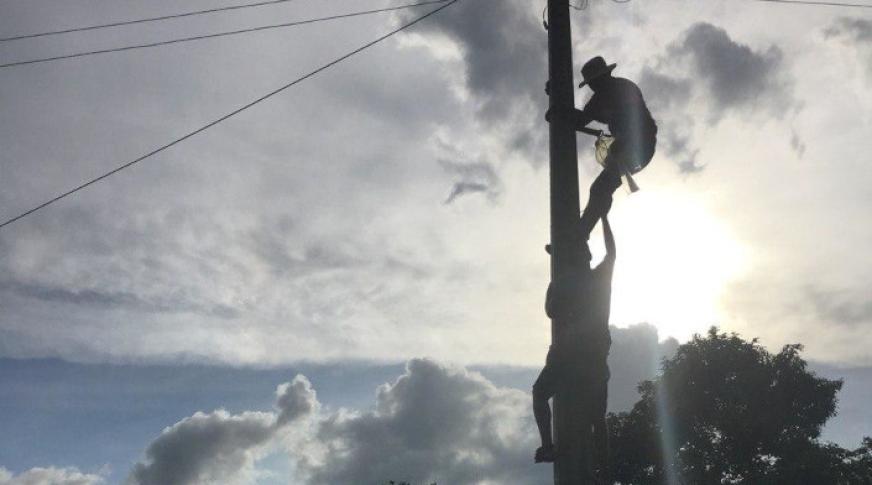
Many governments have established funds dedicated to expanding connectivity to underserved communities, so-called Universal Service Funds (USFs) or Universal Service and Access Funds (USAFs). According to the International Telecommunication Union (ITU), there are currently 100 countries with operational USFs/USAFs. These funds are usually financed through mandatory contributions by telecom operators — fixed line and mobile operators in some countries — and the funds are dispersed back to the operators or other companies to support connecting the un/and under-served.
In this paper, the authors propose restructuring USFs to expand the pool of potential beneficiaries to complementary access solutions, including community networks. The paper is structured as follows:
-
Part 1 provides an overview of existing reports examining challenges associated with current universal service funds.
-
Part 2 identifies best practices and provides examples from countries where community networks can benefit from either USFs or other public funding mechanisms.
-
Part 3 provides an analysis of advocacy efforts in selected countries, and identifies commonalities in the process that have helped influence change in local regulations. By tracking the civil society engagement process, we provide a high-level model for dialogue and advocacy procedures and suggest the inclusion of civil society organisations in policy and regulatory processes.
-
Part 4 concludes the paper with a synopsis of findings and recommendations.
The purpose of the paper is to examine advocacy efforts led by civil society in selected countries that have led to systemic changes in local policies and regulations, with a specific focus on the use of USFs for funding community networks. It highlights the role of civil society in engaging with national authorities to transform existing universal service funds is critical.
Senka Hadzic is a researcher and consultant on connectivity, telecom policy and digital transformation. She is a Research Associate at Research ICT Africa, a Cape Town-based digital policies think tank. Senka holds a PhD in Telecommunications engineering and has worked across Europe, Sub-Saharan Africa and Latin America. E-mail: senka.hadzic@gmail.com
Jane Coffin is a seasoned executive and internet community expert who has worked at the intersection of international technology, policy/regulation, and development for 30+ years. She joined Connect Humanity in January 2022 as Chief Community Officer, and currently is a part-time Senior Advisor/Senior Fellow. Jane works on ways to mobilise community to deploy local networks, deploy and understand innovative financial models, and promote change to rules and regs to introduce more nets. E-mail: jane@connecthumanity.fund
This paper was produced as part of a fellowship conducted through APC’s Socio-Political Advocacy for Community Networks Engagement (SPACE). SPACE is a mentorship programme that aims to support women and gender-diverse individuals to take on leadership roles in community network advocacy. The views and reflections expressed by the authors do not necessarily reflect the views of APC on the matter.